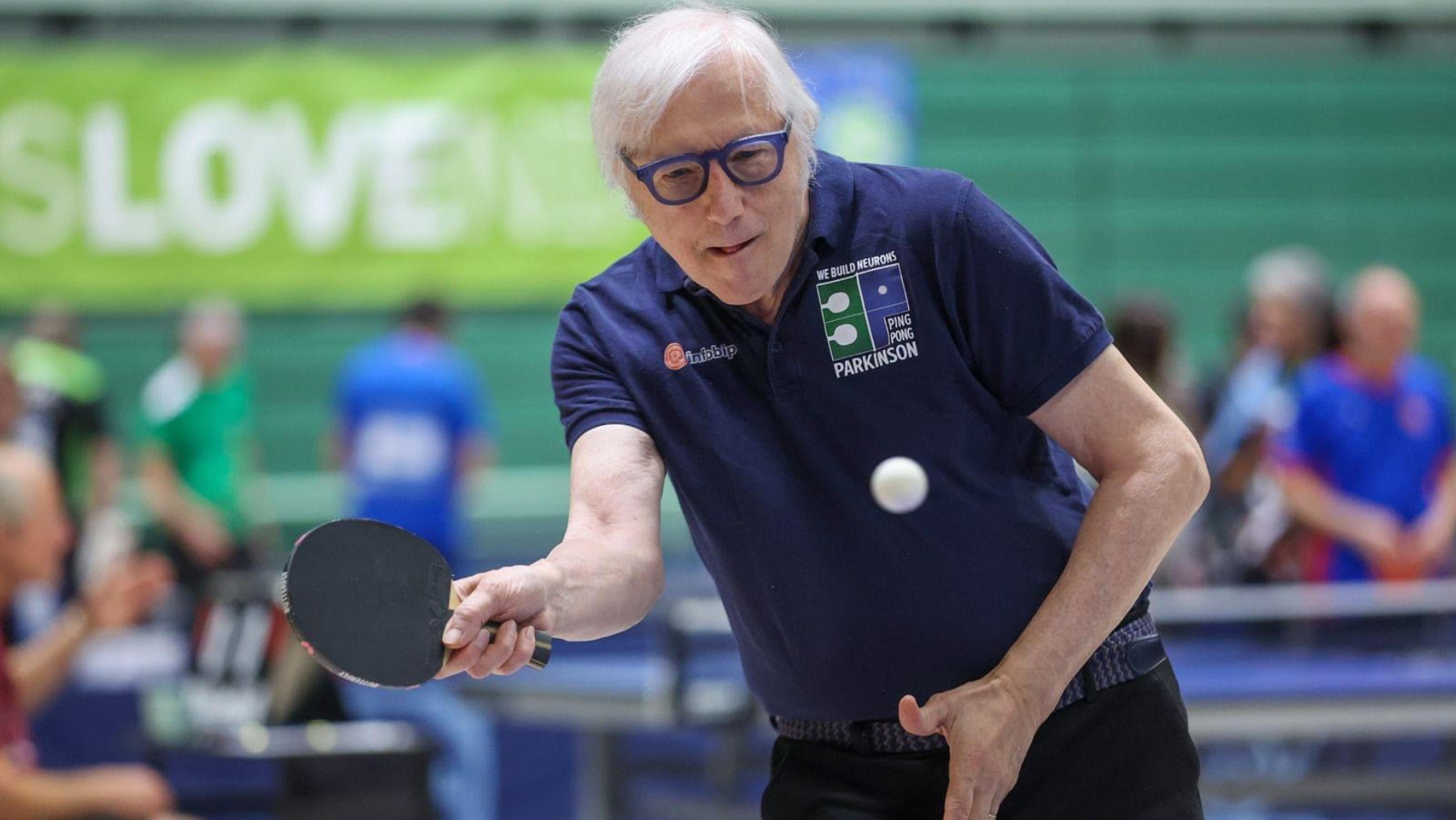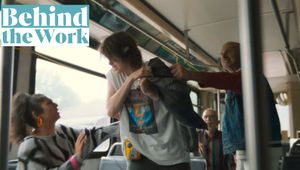
Ping Pong vs Parkinson: The Uncommon Solution

SPIN, the original ping pong social club, has teamed up with PingPongParkinson, a 501(c)(3) non-profit organisation founded by the musician Nenad Bach, to promote healing, community, and hope for those living with Parkinson's Disease.
Inspired by research that links exercise, eye-hand coordination movements, and social interaction to the delay in the progression of Parkinson symptoms, SPIN has opened up its doors to provide free tables to Parkinson players at SPIN clubs. More than 50 Parkinson players plus volunteers participate in the program four days a week. In addition to playing ping pong, the sessions include warm up exercises, vocal exercises, juggling and instruction from professional coaches.
Approximately 1 million Americans are living with a Parkinson diagnosis, with around 60,000 new cases diagnosed each year,” said Dr. Elizabeth Kera, a board-certified neuropsychologist and director of the division of Psychology and Neuropsychology at Hackensack University Medical Center. “Ping pong has been shown to have a beneficial impact on multiple aspects of motor functioning and cognition. It is a way to continue to engage in physical exercise and thinking skills on a more consistent basis. Moreover, individuals are socialising during the game, working on aspects of not just mobility but also speech, mood, and acceptance in social circles, which makes it a fun yet effective way to manage the condition.”
SPIN and PingPongParkinson have released a documentary, A Game of Hope, directed by the Cannes award winner Juan Carlos Ortiz, which captures the profound impact of the game on the health and wellbeing of those living with Parkinson, and tells the moving story of Bach's own journey with Parkinson's. After being diagnosed with Parkinson in 2010, Bach discovered the therapeutic power of ping pong, which helped restore his ability to play the guitar. He founded PingPongParkinson to offer others with the diagnosis an opportunity for physical and emotional recovery through the sport.

A celebrated musician who has performed at major global events including the 1994 Woodstock Festival, and alongside luminaries through the years including Luciano Pavarotti, U2, Brian Eno, The Band, and the Grateful Dead, Bach has long believed in the therapeutic power of both music and ping pong. "Music and ping pong have been the most powerful forms of therapy for me,” he shared. “I believe we can cure Parkinson by 2027. While science is crucial, love, support, and fun are equally essential in that journey.” Today, only seven years after Bach launched PingPongParkinson, the organisation has become a worldwide phenomenon, with chapters in over 25 countries, and global competitive tournaments.

SPIN’s investment in PingPongParkinson extends its commitment to making a difference in the communities it serves, which has included the donation of ping pong tables to public schools and participation in charitable events like Ping Pong 4 Purpose. Andrew Gordon, co-founder and CFO of SPIN explains the motivation for these commitments: "At SPIN, we’ve always believed in the power of play to bring people together and make a difference. Our partnership with PingPongParkinson exemplifies this belief. Ping pong isn’t just a game—it’s a way to heal and inspire hope. We’re proud to host these sessions and see the impact it’s having on lives.”

SPIN and PingPongParkinson invite communities to come together, play, and spread hope. This partnership reminds us that while scientific breakthroughs are important, the path to a cure also requires joy, connection, and community.
For more information on how to get involved with SPIN’s PingPongParkinson sessions or to learn more about the national expansion of this program, visit wearespin.com and PingPongParkinson.org.















